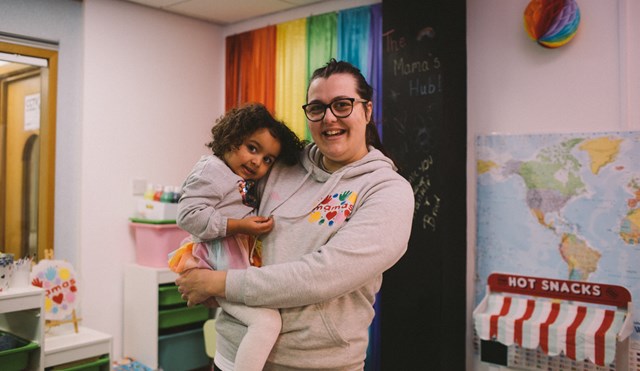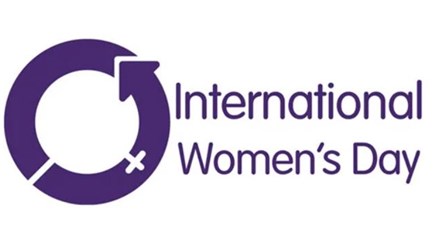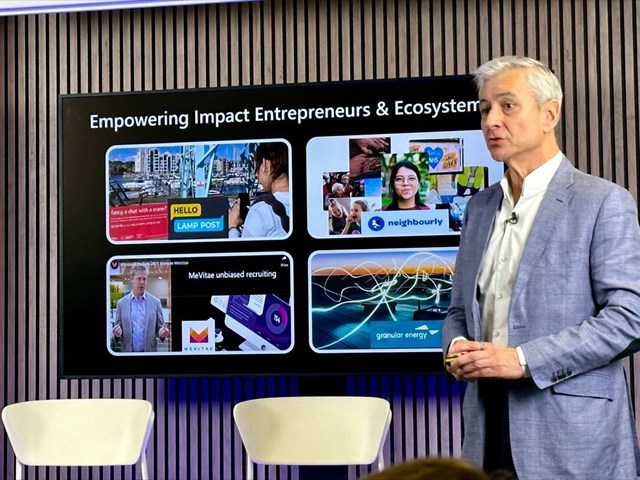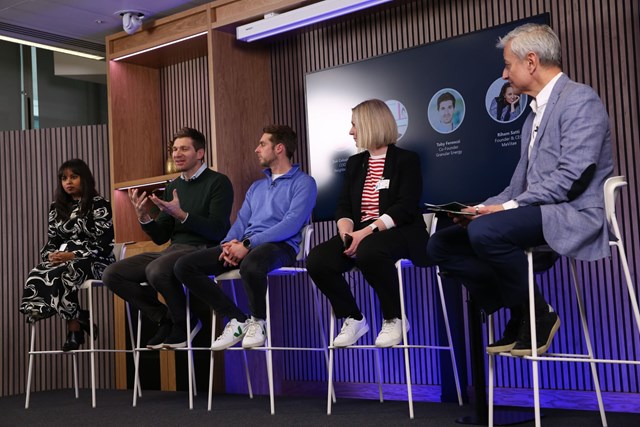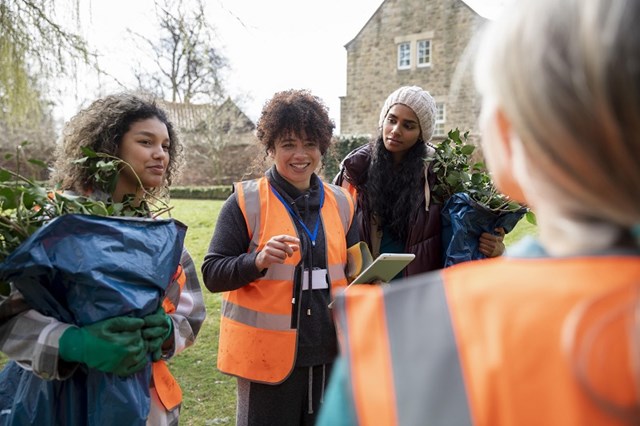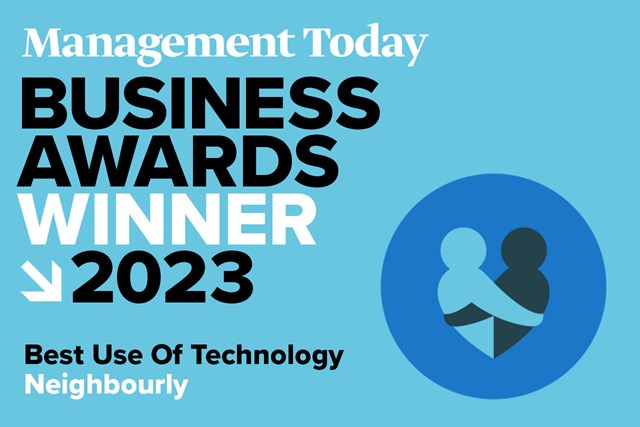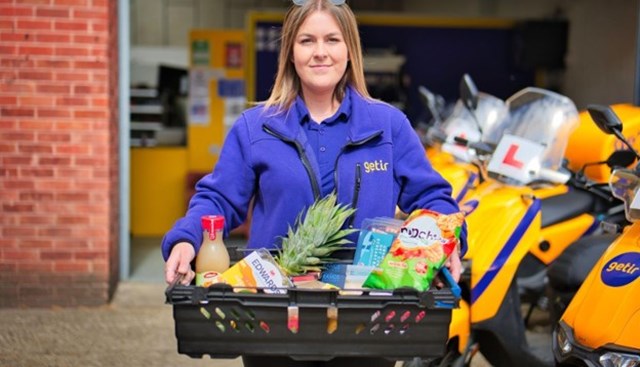
We’re at a pivotal time for UK politics. The past five days since the announcement of the Labour win have been awash with headlines and speculations about what the future now holds for the economy, foreign policy, the NHS, business, education, transport, environment and more.
The current levels of poverty and hardship in the UK were no doubt a central factor in Labour’s election win, despite campaign groups pointing out a stark lack of focus from either side on the issue of hardship. Last week Neighbourly joined hundreds of charities in pushing for poverty to be top of the Prime Minister’s priorities from day one, in a campaign led by the Joseph Rowntree Foundation. Their research commissioned with Nuffield College Politics Research Centre showed that 39% of voters (18.5 million people) feel economically insecure with concerns over outgoings for housing, childcare and debt.
When Keir Starmer presented the Labour Party’s general election manifesto, there was an emphasis on a commitment to prioritising “wealth creation” and economic growth, with an aim to improve living standards for working people. We were interested in taking a closer look at how the proposed changes may affect our communities through some key policy areas:
Economic stability
- Labour's emphasis on economic stability through strict fiscal rules and the creation of the "Office for Value for Money" may lead to more targeted investments that directly benefit local economies
Education
- Investment in education, such as recruiting 6,500 new teachers, enhancing vocational training and updating the curriculum, and plans to open Technical Excellence Colleges aims to give people specialist skills in the fields their local area most requires
Energy and the environment
- The establishment of Great British Energy and investments in clean energy could bring new economic opportunities to small communities, particularly those in rural areas
- The focus on renewable energy may also reduce energy costs, contributing to overall economic resilience
Law and Order
- Recruiting 13,000 more neighbourhood police and setting up youth hubs aims to combat antisocial behaviour and improve community safety
Employment
- A new combined national jobs and careers service would bring together Jobcentre Plus and the careers service –to help people find better-paid work
- The “growth and skills levy” aims to give companies more freedom to use up to half of government funding to cover apprenticeships or provide training for existing staff
The vision laid out offers a glimpse into a future aimed at inclusive growth and sustainable development for local communities. In the Chancellor’s first speech on Monday the clear message was one of growth in order to fix the foundations, with Reeves saying ‘Our manifesto was clear: sustained economic growth is the only route to improving the prosperity of our country and the living standards of working people.’
But what about the pressing issue of poverty? The Labour manifesto pledged to ”develop an ambitious strategy to reduce child poverty", including introducing free breakfast clubs in every primary school. It also says it wants “to end mass dependence on emergency food parcels", albeit with a lack of specifics on how this would be achieved.
The promise to balance the economy in favour of working people, combined with expectations of a forthcoming solid poverty strategy is creating optimism for many. There’s no doubt that funding shortfalls and underinvestment inherited from previous years mean there will still be a critical need in communities for months to come, but there’s good reason to remain positive. Moreover, the business case for corporations to support and build thriving communities where all stakeholders benefit remains clear.


